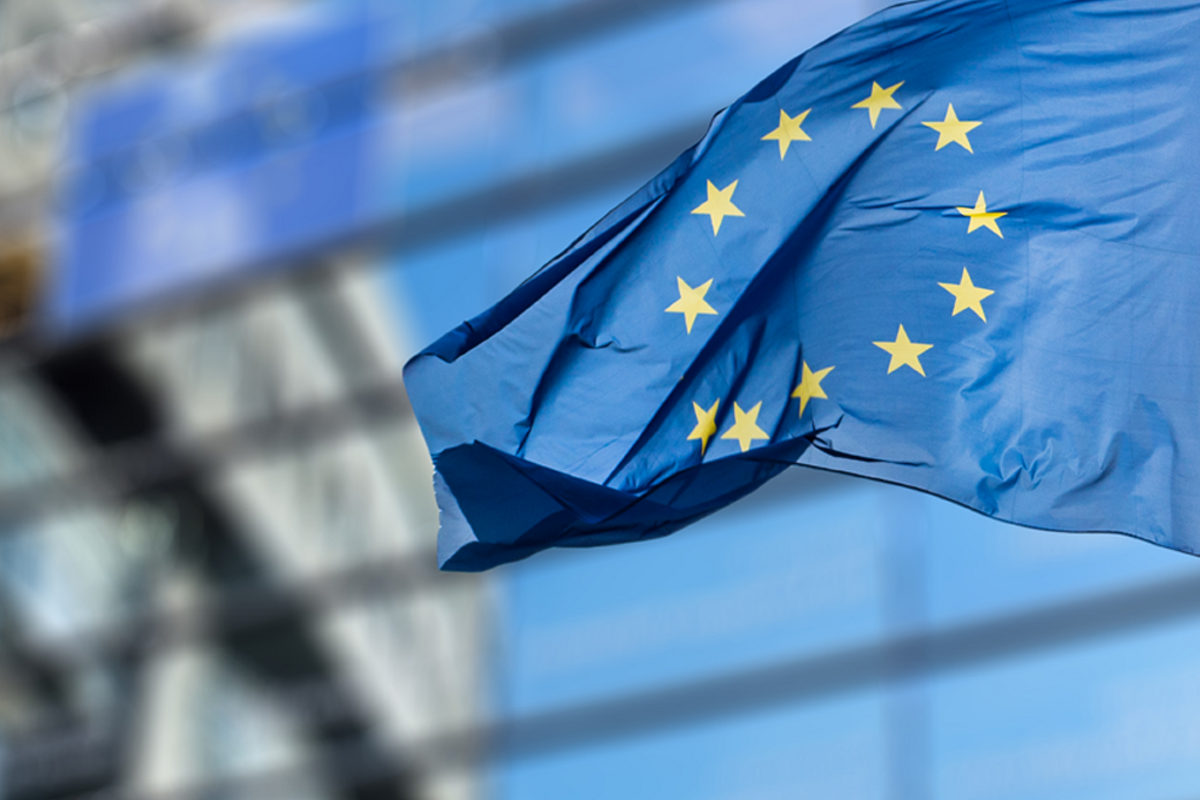
The European Parliament has approved a new law that makes the sharing of personal data in the European Union stricter. The Data Governance Act (DGA) aims to protect the privacy of citizens in EU countries and it does so in three ways.
Data Governance Act
When a bill is drafted by the European Commission, it must first pass the European Parliament before the law takes effect. The Data Governance Act (DGA) works as a supplement to the GDPR rules, or privacy laws in the EU. The aim is to draw stricter guidelines around the exchange of data from citizens, companies and government agencies. Data is playing an increasingly important role and the DGA is going to make data sharing safer in three ways, you know that NU.nl†
1. Gain trust from EU citizens
There are many organizations that voluntarily collect data of social importance. These data are often publicly available to scientists and doctors, among others, but the DGA wants to make better use of such data.
Information that is publicly available can soon be collected by organizations in one common application that forms part of a country’s national register. Organizations that share data in this way receive a European logo that makes it clear that they support the DGA. In this way, the EU wants to ensure that European citizens gain more confidence in these organizations, so that they are more likely to share information.
2. Reusing Government Data
The government must be able to reuse data more easily within its various organizations. This can be of economic or social importance. However, the government and various government organizations must have the right technology to securely store and exchange data. That is why there must be an electronic government register, according to the DGA.
– Thanks for information from Androidworld. Source